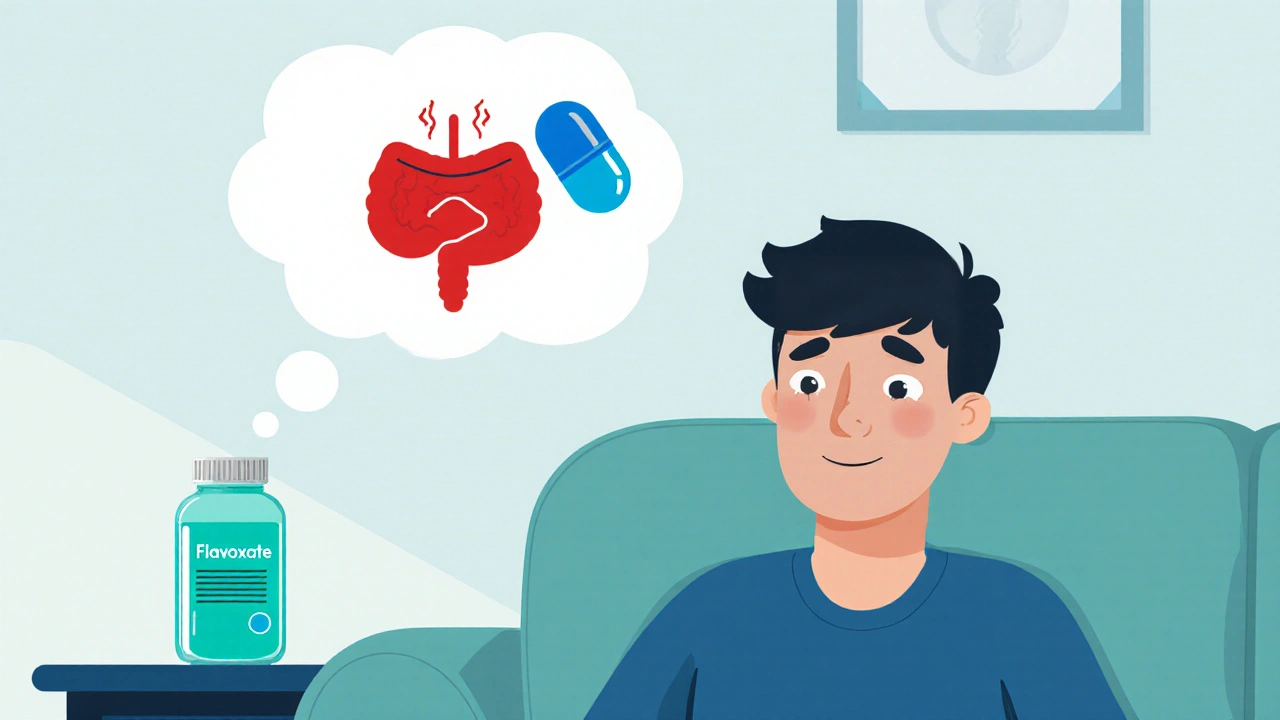Bladder Control: Understanding and Managing Your Urinary Health
When working with bladder control, the ability to consciously start and stop urination and keep the bladder emptying at appropriate times. Also known as urinary continence management, it affects everyday comfort, sleep quality, and overall wellbeing. Bladder control isn’t just a medical phrase – it’s something you notice from the first sip of coffee in the morning to late‑night trips after a glass of wine. Good control means fewer leaks, less urgency, and the confidence to stay active without worrying about accidents. Understanding how it works sets the stage for tackling the common problems that can disrupt it.
Key factors that shape bladder control
One major challenge is urinary incontinence, the involuntary loss of urine that can happen during coughing, exercising or even while you’re sitting. It directly tests how well your bladder control works and often pushes people to seek help. Bladder control encompasses urinary incontinence, meaning any loss of urine is a sign that the control mechanisms need support.
Another pillar is pelvic floor muscle training, a set of exercises that strengthen the muscles supporting the bladder and urethra. Strong pelvic floor muscles give you the push‑back needed to hold urine longer and reduce leaks. Effective bladder control requires pelvic floor exercises; regular Kegels, biofeedback sessions, or guided physiotherapy can make a noticeable difference within weeks.
Then there’s overactive bladder, a condition marked by sudden urges to urinate, frequent trips, and sometimes small‑volume leaks. It can destabilise your bladder control routine, making it feel like you’re always on a timer. Overactive bladder influences bladder control by sending exaggerated signals to the brain, so the bladder empties before it’s truly full.
Beyond these, lifestyle habits play a big role. Caffeine, alcohol, and heavy fluid intake can irritate the bladder, while a balanced diet rich in fiber reduces constipation – a hidden contributor to urinary pressure. Staying hydrated with water instead of sugary drinks and timing your bathroom visits (bladder training) helps retrain the nervous system, giving you more predictability.
Medication and supplements also intersect with bladder control. Certain antihistamines, muscle relaxants, or hormone therapies can either improve or worsen symptoms, so it’s essential to discuss any new drug with a healthcare professional. On our site you’ll find up‑to‑date reviews of common prescriptions, as well as natural options like magnesium or cranberry extracts that some users report as helpful.
All these pieces – managing incontinence, building pelvic strength, taming an overactive bladder, and tweaking daily habits – connect to the core idea that bladder control is a skill you can improve with the right information. Below you’ll discover a curated set of articles covering the latest research, practical exercises, medication guides, and lifestyle tips that empower you to take charge of your urinary health.

Flavoxate Benefits: Boost Bladder Control & Overall Health
- Oct, 21 2025
- 14
Learn how flavoxate improves bladder control, reduces side effects, and boosts overall health. Practical dosage tips, lifestyle hacks, and FAQs guide you to a better quality of life.
Categories
- Medication Information (111)
- Health and Wellness (52)
- Women's Health (6)
- Support Resources (5)
- Supplements (5)
- Pharmacy Reviews (5)
- Dermatology (4)
- Mental Health (4)
- Nutrition (3)
- Fitness and Wellness (3)
Archives
- February 2026 (10)
- January 2026 (27)
- December 2025 (30)
- November 2025 (24)
- October 2025 (29)
- September 2025 (14)
- August 2025 (2)
- July 2025 (7)
- June 2025 (2)
- May 2025 (3)
- April 2025 (4)
- March 2025 (3)
- online pharmacy
- dietary supplement
- medication safety
- health benefits
- side effects
- generic drugs
- treatment
- wellness
- optimal health
- diabetes management
- safe medication purchase
- online pharmacy Australia
- brand name drugs
- drug interactions
- authorized generics
- generic medications
- link
- women's health
- dietary supplements
- sleep
